Tel:
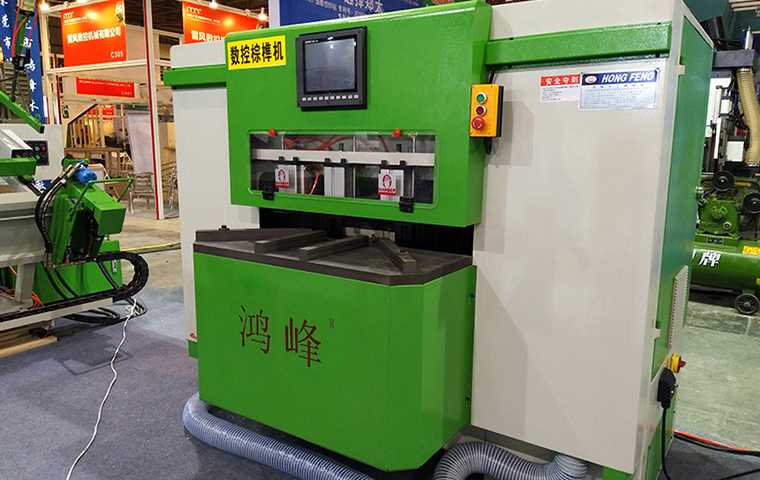
Woodworking machinery is an essential investment for any workshop or manufacturing facility. To ensure smooth operations and cost-effectiveness, many buyers prefer to purchase second-hand equipment. However, buying second-hand woodworking machinery comes with its own set of challenges. This comprehensive guide outlines the key considerations and pitfalls to avoid when navigating the second-hand market.
Thorough research is vital before making any purchase. Start by identifying the specific machinery required for the woodworking processes in your facility. Explore different brands, models, and specifications to make an informed decision. Ensure compatibility with your existing equipment and evaluate the long-term benefits of the purchase.
While researching online can provide valuable insights, it is essential to inspect the woodworking machinery in person. Schedule a visit to the seller's location or request a video call to examine the equipment closely. Look for signs of wear and tear, parts replacement, or any damage that may affect its performance. Pay particular attention to critical components such as the motor, blades, belts, and safety features.
Ask the seller for the maintenance records and service history of the woodworking machinery. Regular and documented maintenance indicates that the machine has been well cared for and can operate optimally. Lack of proper maintenance raises concerns about the equipment's reliability and potential hidden damages.
Insist on testing the woodworking machinery before purchasing it. Run several test cuts or shaping procedures to evaluate its performance, accuracy, and overall condition. This step ensures that the machine operates smoothly and meets your specific woodworking requirements.
Before entering into any transaction, research the seller's reputation and customer reviews. Look for any red flags or complaints regarding previous sales. Additionally, inquire about the return policy in case the equipment does not fulfill the agreed-upon conditions or specifications. A reputable seller will typically offer a return or warranty period to safeguard your investment.
Purchasing second-hand woodworking machinery can be a prudent choice when approached with caution. Thorough research, personal inspections, maintenance record checks, testing, and verifying the seller's reputation are essential steps in the process. By following these guidelines, you can avoid potential pitfalls and make an informed decision that will benefit your woodworking operations for years to come.
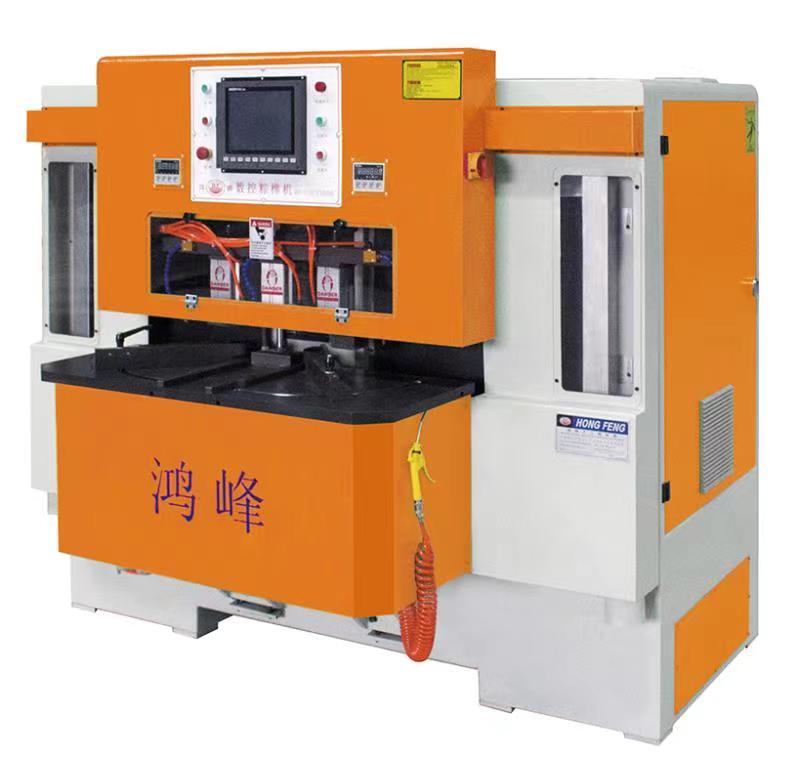 Enhancing Cutting Accuracy and Efficiency with CNC Miter Machines
Enhancing Cutting Accuracy and Efficiency with CNC Miter Machines
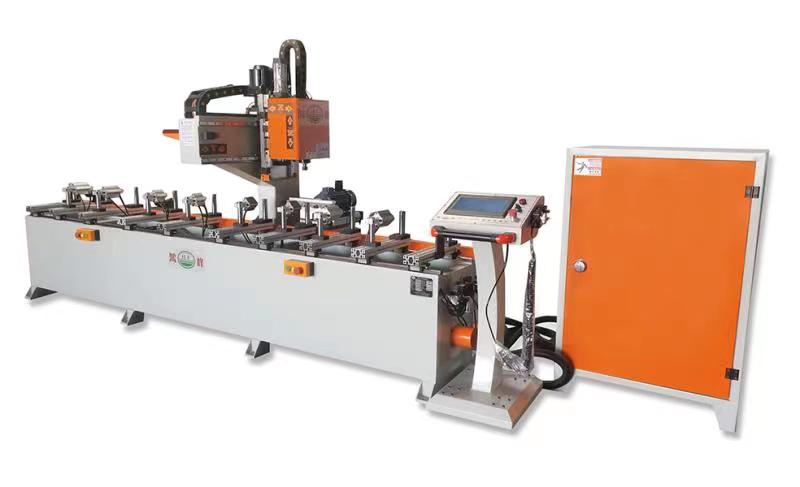 What Are the Common Mistakes to Avoid in CNC Groove Milling?
What Are the Common Mistakes to Avoid in CNC Groove Milling?
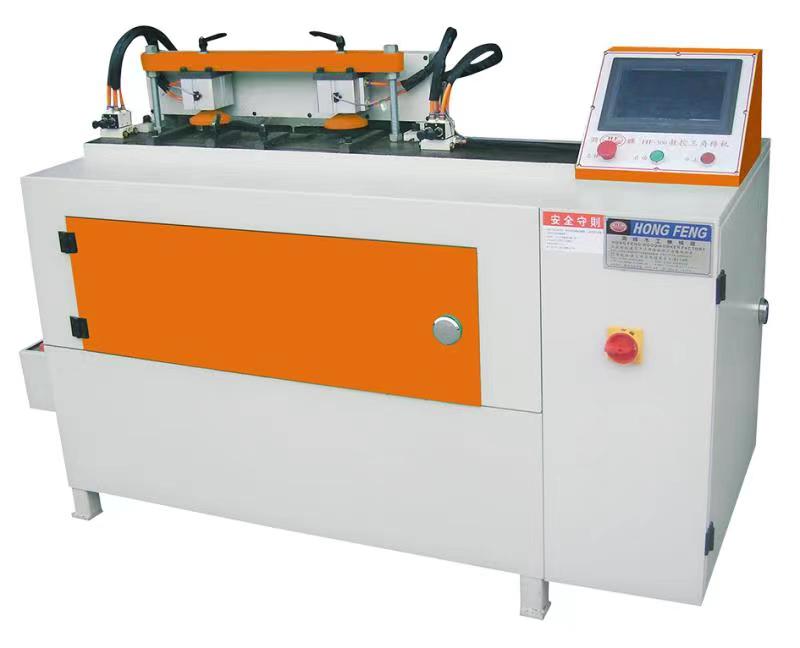 How to Choose the Best CNC Dovetail Machine?
How to Choose the Best CNC Dovetail Machine?
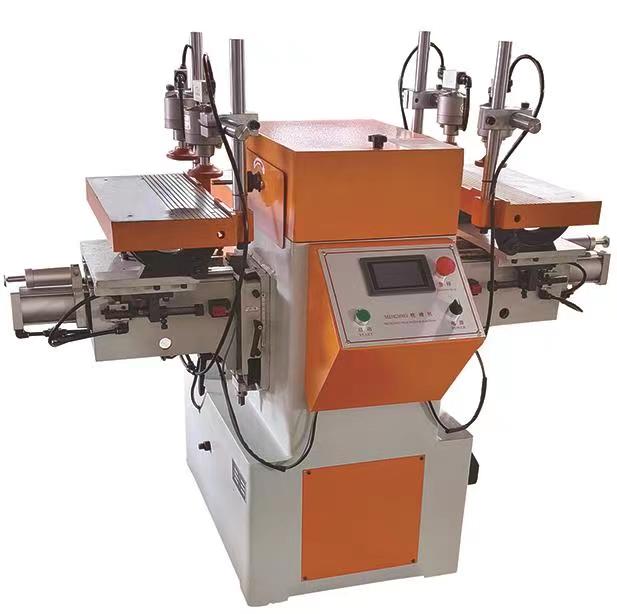 What Should You Look for in a Double End Mortising Machine Manufacturer?
What Should You Look for in a Double End Mortising Machine Manufacturer?
